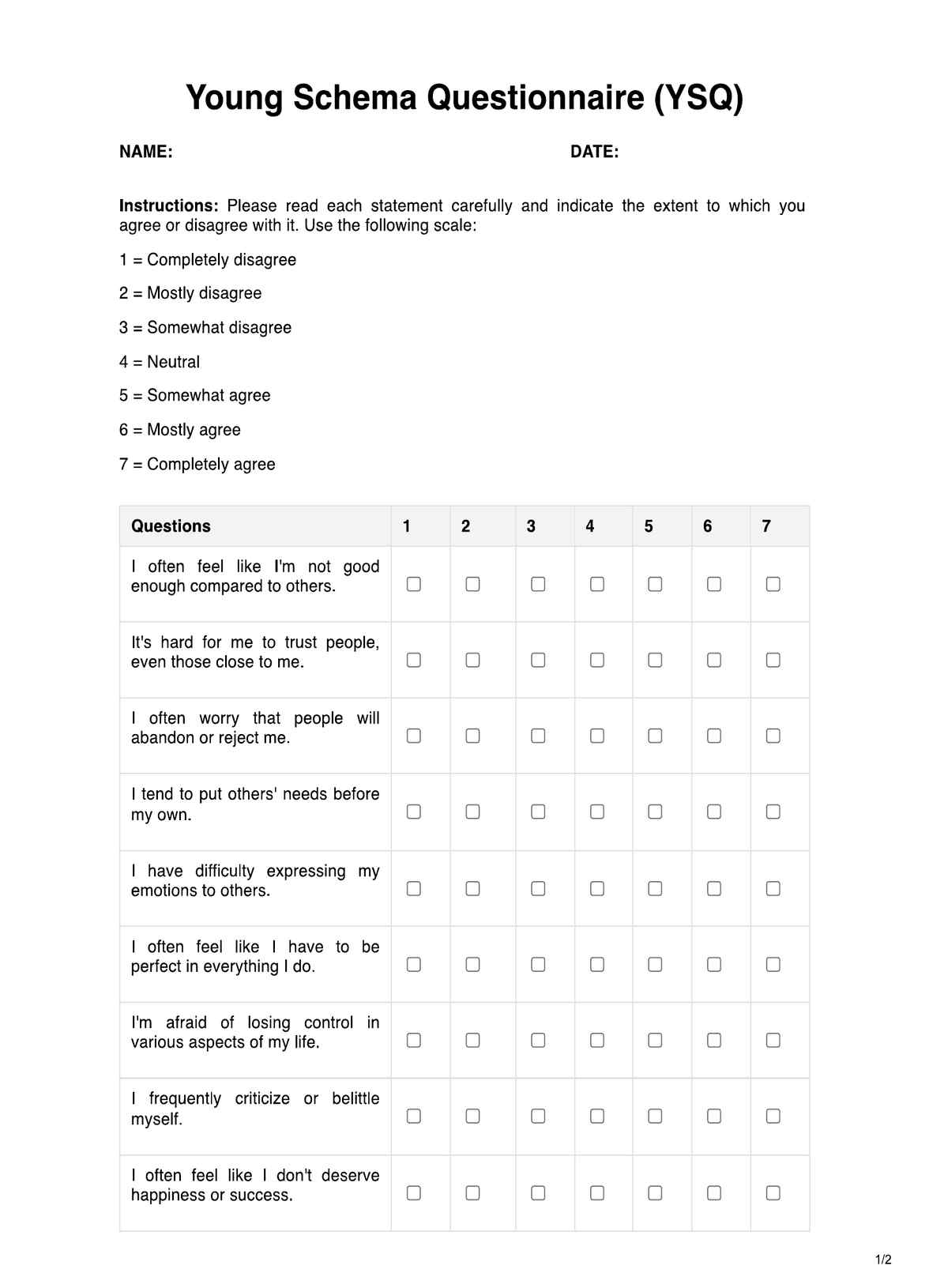The time to complete the worksheet varies, but it usually takes 15-30 minutes to complete it comprehensively.

Your Anger Cues Worksheet
Are you looking for a comprehensive Your Anger Cues Worksheet? Download this free PDF to help someone manage anger effectively.
Use Template
Your Anger Cues Worksheet Template
Commonly asked questions
This worksheet helps by increasing self-awareness of anger cues, offering coping strategies, and promoting healthier responses to anger-inducing situations.
Analyzing triggers and reactions's best used during or after heightened anger. It's also helpful as a proactive tool for self-improvement in managing anger.
EHR and practice management software
Get started for free
*No credit card required
Free
$0/usd
Unlimited clients
Telehealth
1GB of storage
Client portal text
Automated billing and online payments











